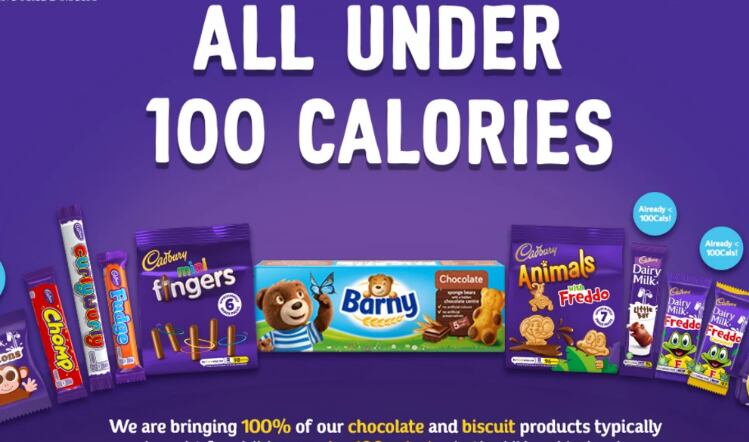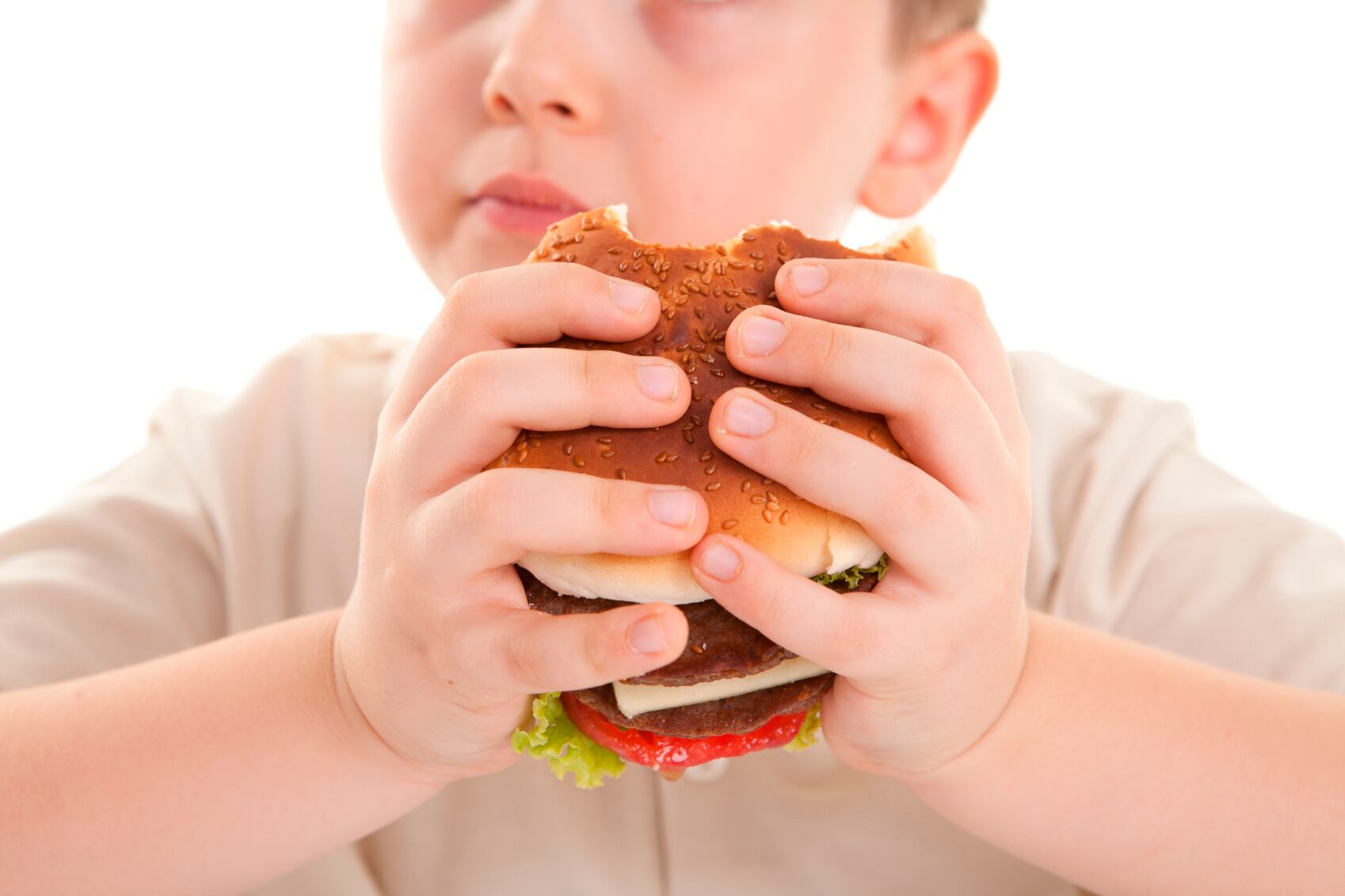The Department of Health and Social Care unveiled plans to tackle obesity across the UK in the wake of the coronavirus pandemic.
A raft of measures was revealed as part of the new strategy, as well as a new ‘Better Health’ campaign, headed up by Public Health England.
The measures include: a ban on TV and online adverts for food high in fat, sugar and salt (HFSS) before 9pm; the end to retail deals such as ‘buy one get one free’ on unhealthy food; and calories to be displayed on menus for businesses with over 250 employees when people are eating out. The Government also said it would launch a consultation on alcohol calorie labelling.
British Dietetic Association
The British Dietetic Association (BDA) cautiously welcomed the plans as a positive step, but urged the Government to go further.
It has called for further detail on how weight management services would expand and said the Government needed to push ahead with its promised changes in areas such as HFSS product advertising and in-store promotions.
Dr Amanda Avery RD, chair of the BDA Obesity Specialist Group, welcomed the news that shops would be encouraged to discount healthy foods, as well as end promotions of HFSS products, but urged more action on wider health inequalities.
“It is great that the strategy suggests there will be more discounts on foods like fruit and vegetables, but overall, the strategy fails to recognise the huge health inequalities that exist and the fact that both individuals and families with low incomes often struggle to access a healthier diet. I really hope we will see more detail on how these issues will be addressed – it is better to address the root causes than to try to treat the symptoms,” she said.
No ‘single measure’ solution
Food Standards Scotland (FSS) welcomed the move but also said that no “single measure” will solve the obesity crisis.
Ross Finnie, chair of FSS, said: “We have long advocated restrictions on advertising of food and drink high in fat, salt and sugar. We welcome restrictions on promotions, not only in terms of volume, but also on price and we welcome the requirement for calorie labelling on out-of-home eating, but can see no logic in restricting the requirement to large operators.
“No single measure will solve the obesity problem that exists throughout the UK and it is important, therefore, that this huge problem is addressed in a co-ordinated way by both the Westminster and devolved administrations.”
Natasha Medhurst, scientific affairs manager at the Institute of Food Science and Technology (IFST), said: "IFST recognises the need to tackle the concerning rise in obesity, brought into sharp focus during the current COVID-19 pandemic.
'Multi-faceted problem'
The Institute also recognises that this is a complex, multi-faceted problem which will require engagement and cooperation from a wide range of parties including governments, and the whole food sector, to nudge the population to a healthier state, as well as consumers themselves. As such, we broadly welcome this strategy.
IFST supports the food sector researching technological advancements to tackle obesity. We strongly recommend increasing education on food ingredients, processing, preparation and nutrition, in schools, to update, raise awareness and re-educate the population to better understand the foods we eat, as well as the importance of a balanced diet.
"To succeed in tackling obesity, we need a systemic change across the complex determinants, with interventions at all levels and a variety of initiatives including:
- access to better, more creatively disseminated information
- enabling consumers to make appropriate purchasing decisions, by having a range of tasty, healthy and affordable options available
- making healthier options easier to understand, fun and practical
Reformulation
"The challenge of nutritional reformulation is an important area that food scientists and technologists actively strive to address, though it is more achievable in some food categories. Where possible, the food sector focuses on innovation to dilute calorie density and increase nutrients, such as with: developing ‘low’ and ‘light’ versions; protein fortification; high fibre products; portion control.
The food sector recognises that there is no one size fits all approach. Weight gain is a complex issue, and weight loss and maintenance, no less so."
Meanwhile, Ciara Cullen, head of law firm RPC’s food and drink group, said the Government risked setting the industry on a path where an “ever-increasing” number of products might need to be reformulated.
“These proposals could have far-reaching – and possibly unintended – consequences for the food and drink sector, particularly if the Government chooses to re-examine the Nutrient Profile Model which determines what products are given the designation of HFSS,” she said.
Definition of 'junk food'
Katrina Anderson, a lawyer from Osborne Clarke’s food team, said the move to a watershed ban for advertising changed the approach from targeting just children but raised an issue around the definition of “junk food”.
"Junk food is legally defined as food that is high in fat, salt and sugar or HFSS food. Although this is well established in law, its use for advertising restrictions can produce unexpected results,” she said.
“Certain foods which might generally be considered healthy in moderation, such as cheese or orange juice, will be defined as HFSS because of their sugar or fat content as a proportion of 100 grams/100 millilitres
“Certain categories of food defined by Public Health England will also be caught by the ban, such as olive bread.”
She added that the proposed consultation on alcohol calorie labelling was a “radical move”, which would not be popular in the drinks industry. She predicted that it was likely that the drinks industry would respond by lobbying for a lifting of restrictions on health claims, such as low sugar on alcohol packaging.
Menu-labelling costly for pubs
The British Beer & Pub Association (BBPA), the trade association representing brewers and pubs, said the proposed measures on menu labelling would be extremely costly for those pub businesses.
The BBPA called alcohol calorie labelling a “burdensome red tape” that would further hinder brewers and pubs when they were trying to get back on their feet post-COVID-19 lockdown.
Emma McClarkin, chief executive of the BBPA, said: “Forcing pubs to display calorie content will likely reduce the food offer available to customers. It will be prohibitively expensive for pubs to implement, especially when they have had nearly four months without trade due to the lockdown.
“As our sector recovers, now is not the time for burdensome red tape and we would urge the Government to look at more collaborative ways to work with our sector instead, including promoting the growing range of low- and no-alcohol beers. We are keen to support the Government on tackling obesity and want to work with them to help them achieve the strategy’s aims in a practical manner.”
Drinks watchdog The Portman Group also responded to the plans.
Portman Group: calorie labelling for booze
John Timothy, CEO of the Portman Group, said: “We support efforts to provide consumers with more information about their purchases and are committed to working with the Government to ensure these proposals align with much of the voluntary work already taking place. Many producers have already committed to provide nutrition and calorie information on-pack and online by 2022.
“While we support measures to help tackle obesity, it is important that any new labelling regime takes into account all up-to-date and relevant data and does not place UK producers at a competitive disadvantage.”
Meanwhile, Professor Sir Ian Gilmore, chair of the Alcohol Health Alliance UK, welcomed the calorie labelling proposals: “When the calorie equivalent of a large glass of white wine is the same as a slice of pizza or a cocktail is the equivalent of a cheeseburger, it is clear why alcohol products should be included in the Government’s plans to tackle the obesity crisis.
“Alcohol is a factor in more than 200 health conditions and is the leading risk factor of death among 15- to 49-year-olds in England. Labelling on all alcohol products – with prominent health warnings, low-risk drinking guidelines, information on ingredients, nutrition and calories – would help equip the public with the knowledge they need to make healthier decisions about what and how much they drink. If we want to build a healthier, more resilient society, we need to wake up to the harm alcohol does to people’s health.”




